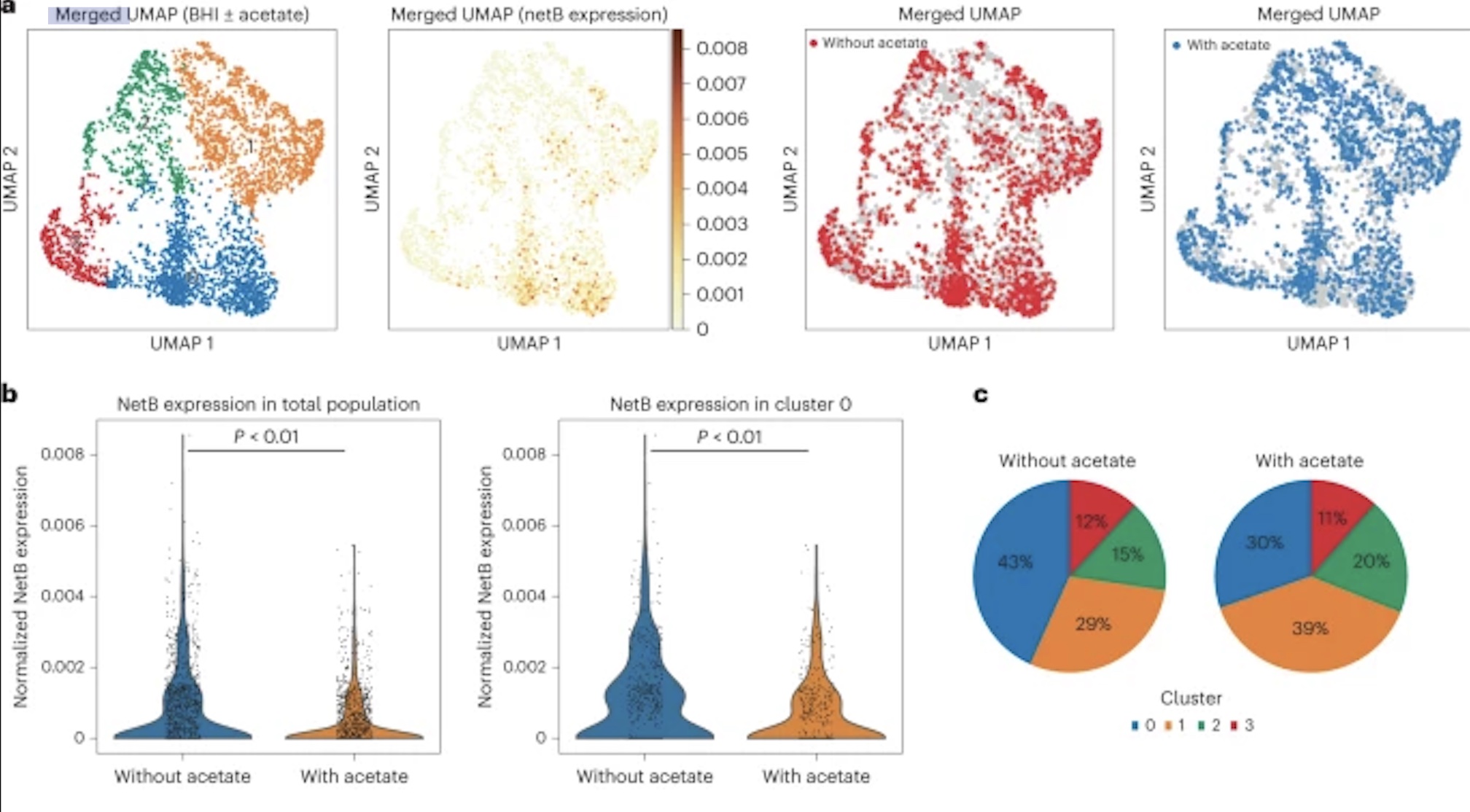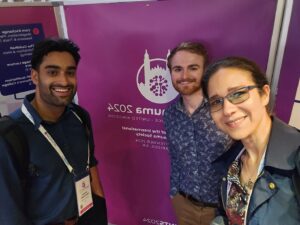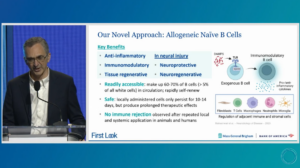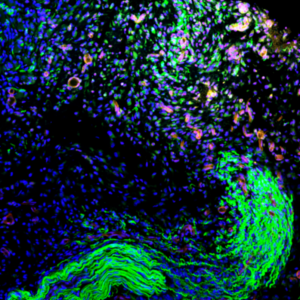New research by Adam Rosenthal, PhD, assistant professor in the Department of Microbiology and Immunology at UNC, analyzed the cell states of isogenic bacterial populations via a developed probe-based bacterial sequencing (ProBac-seq) method. After confirming the sequencing method accurately identified known cell states and transcriptional heterogeneity of bacterial cells, Rosenthal et al. applied ProBac-seq to Clostridium perfringens and found that despite transcriptional heterogeneity, these identical cells behaved differently with varied functions within the bacterial population. Specifically, through single-cell analysis on C.perfringens and graph-based clustering, four distinct subpopulations were revealed, with all clusters preferentially expressed netB, a toxin responsible for necrotic enteritis disease. To investigate mechanisms affecting expression rates of the toxin, C.perfringen was treated with sodium acetate. Following treatment, the expression of netB was significantly less in comparison to the control cluster. These findings are just the beginning to understanding bacterial populations and mechanisms behind single-cell behavior and could lead to a new approach to antibiotic tolerance down the line.
New Research Shows That Bacteria Get “Hangry,” Too





